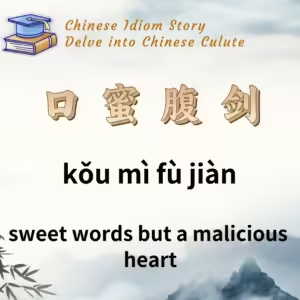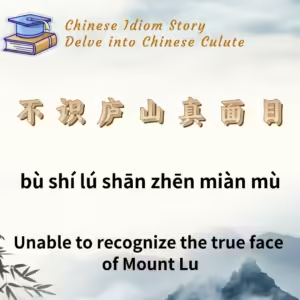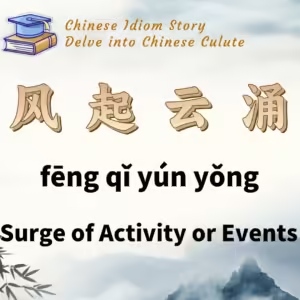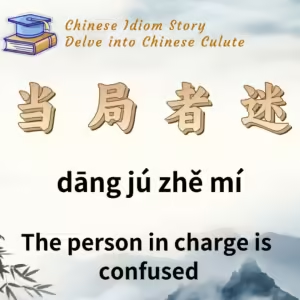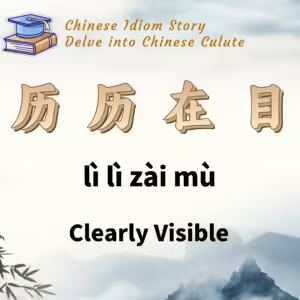
Chinese Idiom: 历历在目 (Li Li Zai Mu)
English Translation: Clearly Visible
pīn yīn: lì lì zài mù
Idiom Meaning: Refers to past events being vividly recalled and clearly visible in one’s mind, or to describe something that is clearly seen from a distance.
Historical Source: Poem “Li Li” by Du Fu from the Tang Dynasty (唐代杜甫《历历》)
Idiom Stroy
Emperor Xuanzong of the Tang Dynasty, Li Longji, ruled for over forty years, experiencing both the peak and decline of the Tang Dynasty. During the Kaiyuan era, he was a dynamic and effective ruler, leading the dynasty to its zenith – a period known as the “Kaiyuan Prosperity.” Like the Tang Taizong of the Zhenguan era, he was known for appointing talented officials and being open to advice.
Once, when Emperor Xuanzong looked at himself in the mirror and noticed he had become thin from overwork, his courtiers flattered him, suggesting he should dismiss the Chancellor Han Xiu, who had made him thin. Xuanzong responded that while he had lost weight, the people of the empire had gained. He preferred Han Xiu, who was challenging but trustworthy, over others who simply flattered him.
However, the emperor’s later reign, especially during the Tianbao era, marked a decline. After taking Yang Guifei as his favorite, he indulged in luxury and neglected state affairs. Li Linfu, the chancellor at the time, was corrupt and led to widespread discontent. His death did not improve matters, as Yang Guojun succeeded him, worsening the situation. By November of the fourteenth year of Tianbao, the An Lushan Rebellion erupted, causing chaos throughout the empire.
Du Fu, a great poet of the time, witnessed the dramatic shift from the flourishing Kaiyuan era to the turmoil of the Tianbao period. He wrote the poem “Li Li,” reflecting on the stark contrast between the past prosperity and the current suffering. The lines “历历开元事,分明在眼前” (The events of the Kaiyuan era are clearly visible in front of my eyes) express his deep nostalgia for the lost golden age.
Over time, the phrase “历历在目” (clearly visible) became a common idiom to describe vividly remembered past events or clearly seen things.

